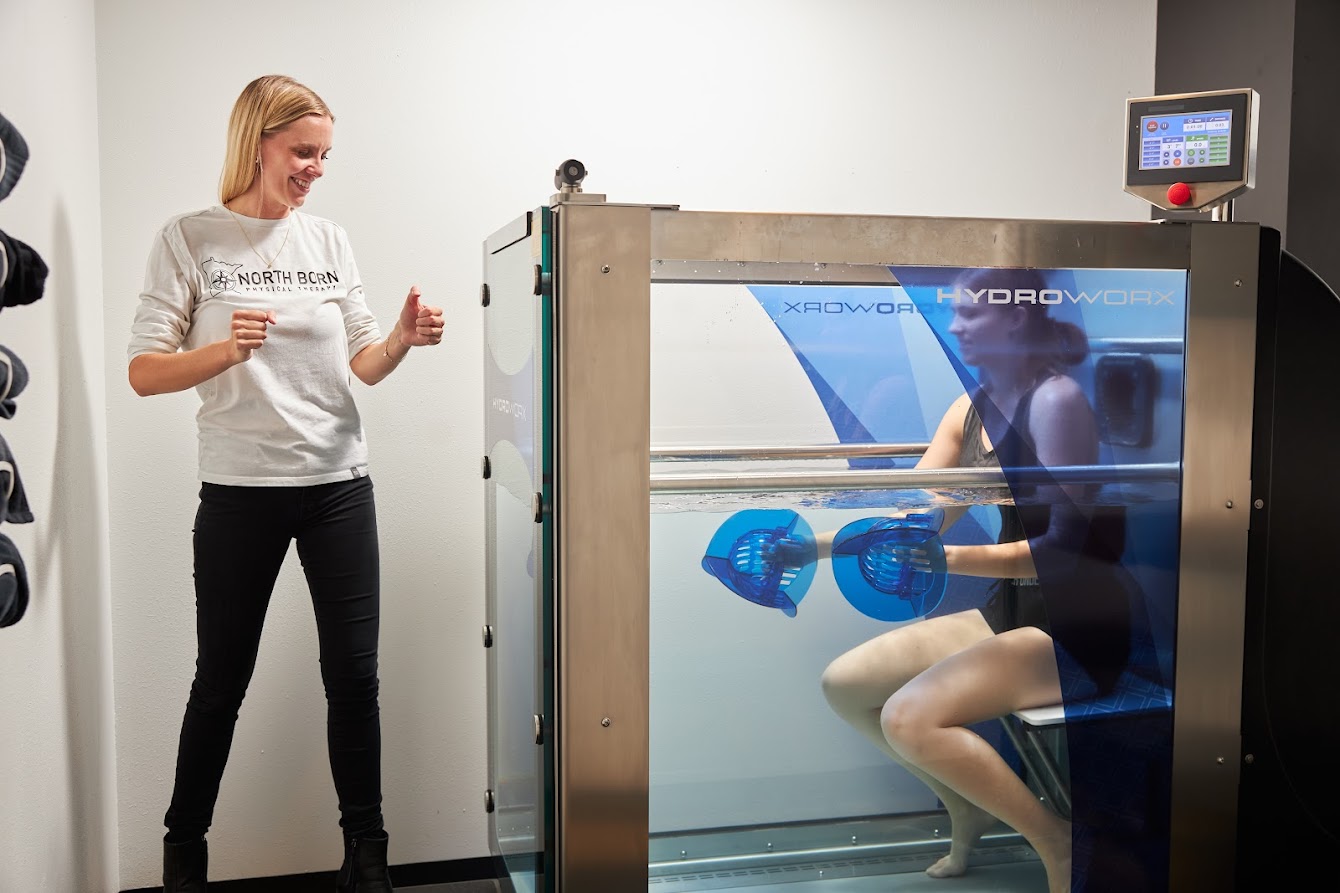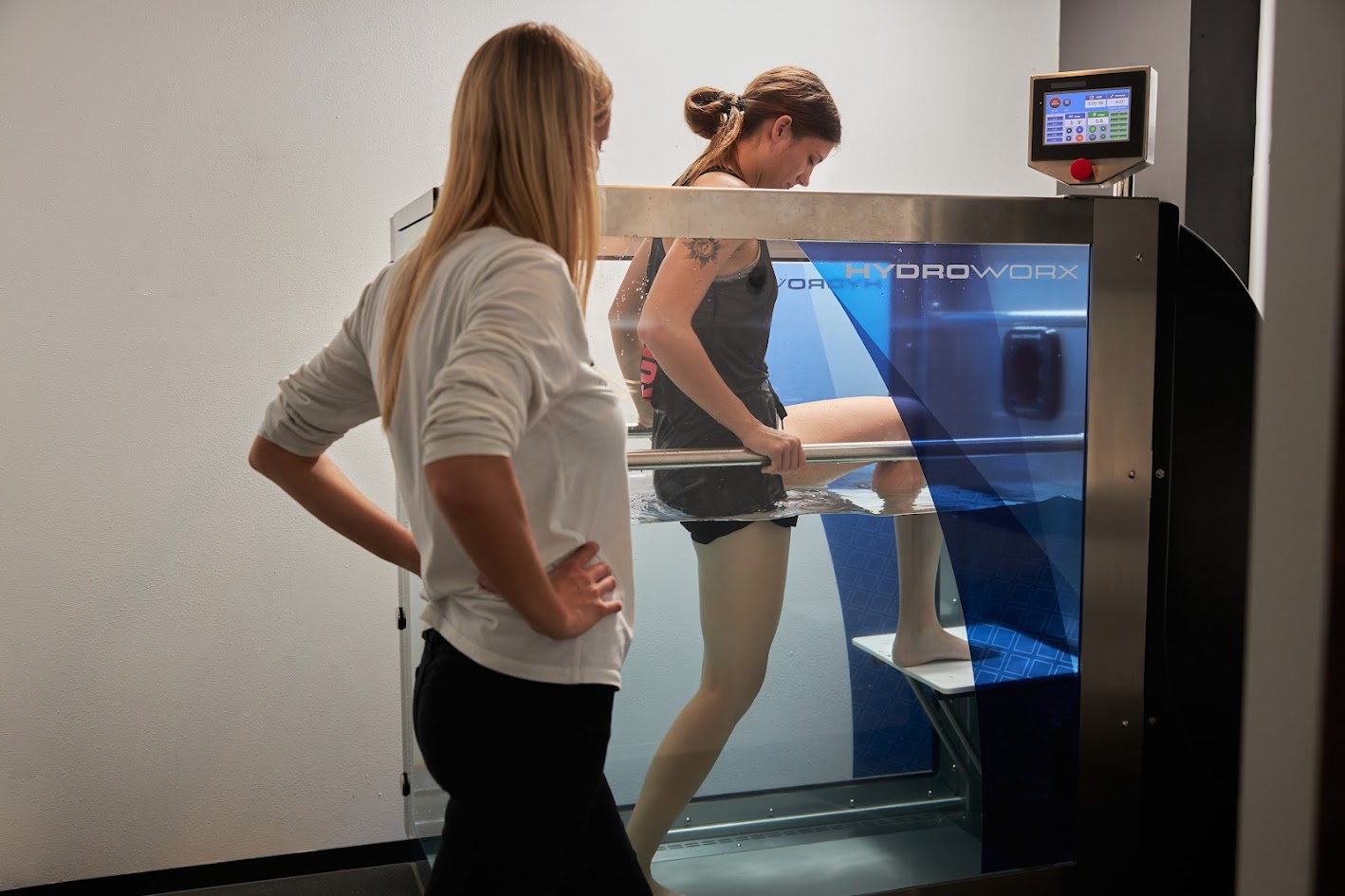Aquatic Therapy
in Thief River Falls

Aquatic Therapy for Physical Rehabilitation
Aquatic therapy is a highly effective method for rehabilitating injuries and improving overall physical function. Its benefits stem from the unique physical properties of water, which create an ideal healing environment. One of the key advantages of aquatic therapy is the buoyancy of water. By reducing the effects of gravity, buoyancy allows individuals to move and exercise with greater ease, minimizing the pressure on joints. This makes it especially helpful for those who may experience discomfort or pain when performing exercises on land. With less strain on the joints, you can work toward your rehabilitation goals more comfortably and efficiently.
Aquatic physical therapy harnesses the properties of water to promote healing and improve various physical capacities, such as strength, range of motion, flexibility, balance, and overall function. Using tools like paddles, floats, or weights, therapists can increase the intensity of water-based exercises, offering a customizable workout that can adapt to different stages of rehabilitation.
One of the key ways aquatic therapy aids recovery is by reducing inflammation and swelling—especially in weight-bearing joints like the ankles and knees. The water’s buoyancy not only alleviates stress on these areas but also allows for a greater range of movement, making it easier to perform exercises that might be too painful on land. Additionally, warm water increases circulation, which helps improve blood flow to the muscles, further enhancing flexibility and reducing pain.
The resistance provided by water is another essential benefit. While water allows for easier movement, it also offers gentle resistance, which helps build muscle tone and strength without the risk of overloading joints. This is particularly useful for individuals recovering from injuries or surgeries, as it provides a controlled environment for strengthening muscles and improving endurance.

Key Benefits of Aquatic Therapy:
- Pain reduction: The buoyancy of water supports your body weight, reducing stress on painful joints and allowing for more comfortable movement.
- Balance training: The viscosity, or thickness, of water slows down movements, providing resistance that helps train balance and stability without the risk of falling.
- Improved circulation: Warm water enhances blood flow to your muscles, which can result in increased flexibility and reduced muscle tightness or pain.
- Increased muscle strength: Water offers natural resistance to movement, helping to build muscle strength and endurance while being gentler on your body than traditional weight-bearing exercises.
Before beginning aquatic therapy, a skilled physical therapist will perform a comprehensive evaluation to determine if this treatment is appropriate for your specific condition and rehabilitation goals. The personalized approach ensures that your therapy plan is tailored to maximize the benefits of aquatic exercise and promote a faster, more comfortable recovery.